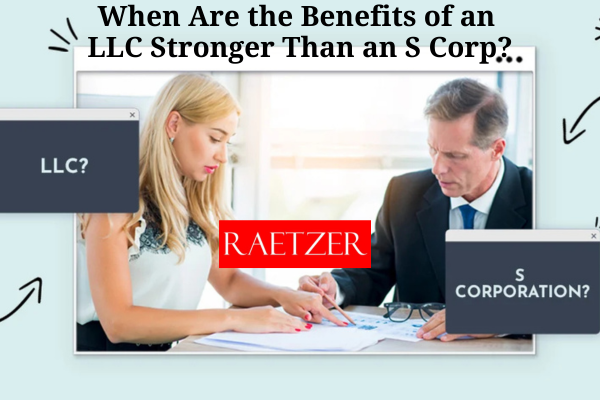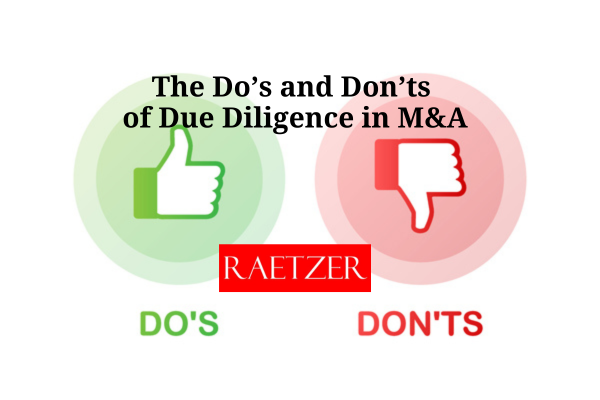When choosing a business structure, many people find it challenging to determine where to begin. You may have heard about forming an LLC or an S Corporation, but understanding what these terms mean and how they differ can be confusing.
Both Limited Liability Companies (“LLCs”) and S Corporations offer personal liability protection, meaning your personal assets are generally protected from business liabilities and debts. Additionally, both structures provide tax advantages compared to other types of business entities.
What is an S Corp?
An S Corporation is a tax classification, not a standalone type of business entity. To become an S Corporation, you must first establish a C Corporation or an LLC.
Both S Corporations and LLCs are “pass-through entities,” meaning their profits pass directly to the owners’ or shareholders’ personal tax returns, which helps avoid corporate tax and double taxation.
For LLC owners with above-average income in their industry, opting for S Corporation taxation can reduce self-employment taxes. This setup allows you to take a reasonable salary (aligned with industry standards), while any remaining profits can be distributed as dividends, which are not subject to self-employment tax.
What is an LLC?
An LLC is a legal business structure that offers liability protection to its owners, shielding their personal assets from business debts or legal claims.
There are two types of LLCs:
- Single-member LLC: Owned by 1 person and taxed like a sole proprietorship.
- Multi-member LLC: Owned by multiple people and generally taxed like a partnership, unless it elects to be taxed as an S Corporation.
LLCs are popular because they’re relatively simple to start and manage while providing liability protection and potential tax benefits. However, if your annual income exceeds a certain threshold, you may face a high tax bill. To reduce taxes, LLC owners can elect S Corporation taxation, which changes how certain portions of income are taxed.
To form an LLC, you’ll need to file Articles of Organization with your state’s Secretary of State office. Then, file IRS Form 2553 to choose your tax classification. Once approved, your LLC can elect S Corporation taxation if it meets specific IRS requirements.
So what’s the difference?
So, what are the main differences? The key distinctions between an LLC and an S Corporation relate to ownership, management, and required business formalities. These factors can influence which structure is the best fit for your business.
1. Ownership
LLCs offer flexibility in ownership. They can have an unlimited number of owners (referred to as members), who don’t need to be U.S. citizens or residents, and can even include other business entities. In contrast, S Corporations face more restrictions: they can have no more than 100 shareholders, all of whom must be U.S. citizens or residents, and they cannot be owned by other business entities like C Corporations, LLCs, partnerships, or other S Corporations.
2. Classes of Stock and Voting Rights
The IRS limits S Corporations to a single class of stock, which means all shareholders have the same voting rights. This restricts S Corporations from offering voting and non-voting shares, a flexibility typically available to traditional corporations. If an S Corporation tries to implement different voting rights, it may face tax penalties. LLCs, however, don’t issue stock. Instead, ownership and voting rights are defined in their membership agreements, allowing for customizable ownership and voting rights among members.
3. Management Structure
An LLC can choose to be managed by its members (owners) or by appointed managers. A member-managed LLC operates more like a partnership, while a manager-managed LLC resembles a corporation, with selected managers making business decisions. S Corporations, on the other hand, are required to have directors and officers. The directors oversee the company’s affairs, while the officers handle daily operations.
Business Formalities
Both LLCs and S Corporations must adhere to some formalities, but the requirements for S Corporations are generally more extensive. S Corporations are required to adopt bylaws, authorize and issue stock, hold annual shareholder and director meetings, and keep detailed meeting minutes. LLCs may choose to follow these practices but are generally not legally required to do so.
Tax Considerations
One of the key reasons some people choose an S Corporation is the tax treatment it offers, allowing owners to take a salary and receive distributions from profits while potentially reducing self-employment taxes. However, an LLC can also elect to be taxed as an S Corporation by filing the necessary IRS paperwork, providing the flexibility of both structures.
Making the Right Choice
There’s no one-size-fits-all answer for small businesses when deciding between an LLC and an S Corporation. Your choice should depend on the specific needs and goals of your business.




